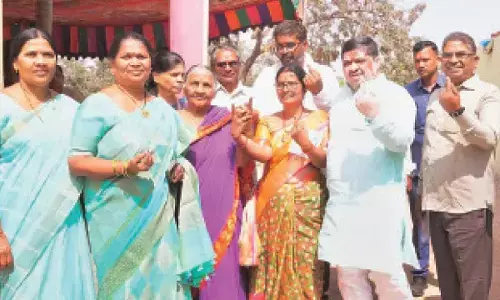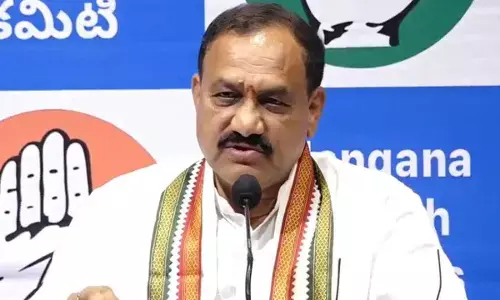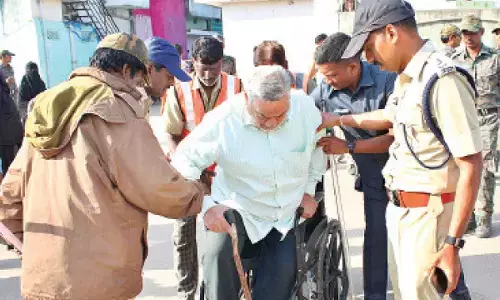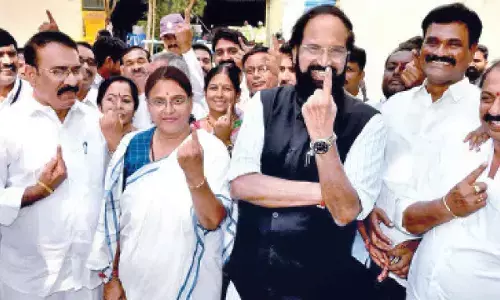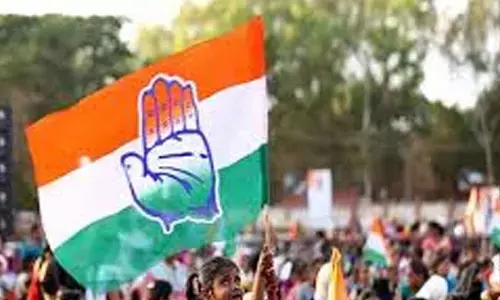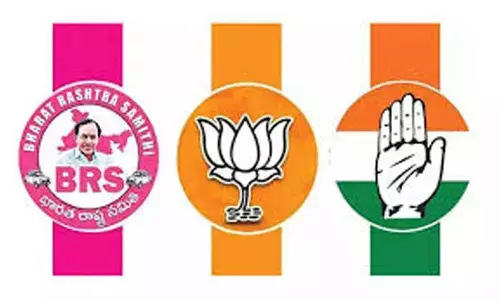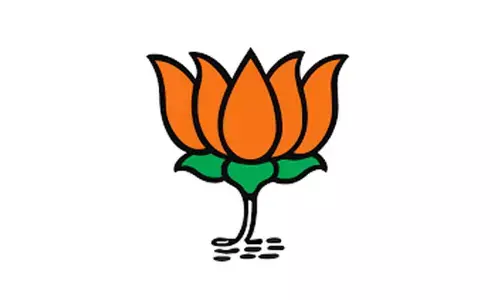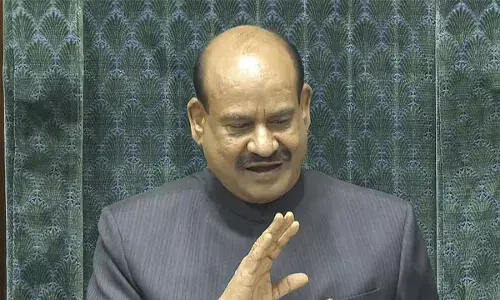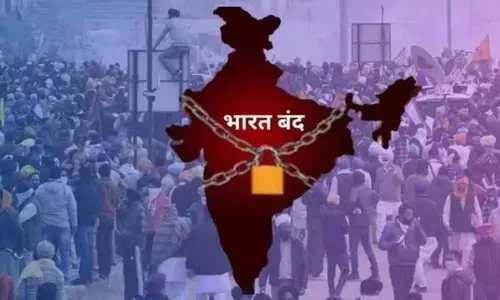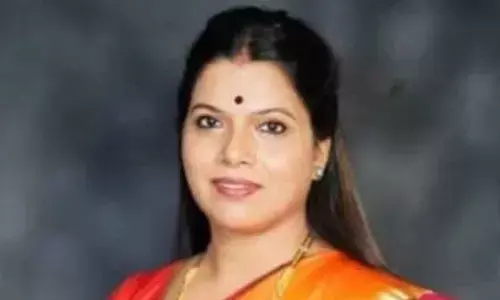HC stays JNU councils’ decisions
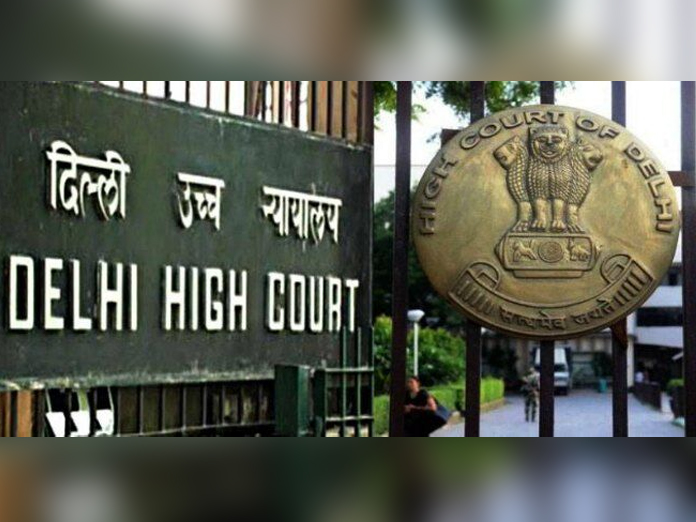
The Delhi High Court on Friday put on hold decisions of the Academic Council AC and the Executive Council EC of Jawaharlal Nehru University to make attendance mandatory for the faculty and said action against unauthorised absence be taken as per rules governing the service of the teaching staff
New Delhi: The Delhi High Court on Friday put on hold decisions of the Academic Council (AC) and the Executive Council (EC) of Jawaharlal Nehru University to make attendance mandatory for the faculty and said action against unauthorised absence be taken as per rules governing the service of the teaching staff.
The interim order by Justice Suresh Kait comes close on the heels of his January 14 direction staying a circular of the JNU Administration, which had it mandatory for the teaching staff to mark their attendance once a day.
The court, granting interim relief to the petitioner, JNU professor Ayesha Kidwai, also issued notice to JNU on her plea challenging the decisions of the two councils of the university, and listed the matter for further hearing on May 3.
It said the varsity can take action against the teaching staff who go on unauthorised leave, according to the rules prevalent before the AC decision of July 13, 2018 making marking of attendance mandatory.
Senior advocate Dhruv Mehta, who appeared for Kidwai, told the court the two councils did not follow proper procedure when taking their decision, which includes bringing in a biometric system of marking attendance.
Kidwai's lawyers, including advocates Abhik Chimni and Yashraj Singh Deora, told the court that asking for biometrics amounted to breach of privacy of an individual.
Central government standing counsel Monika Arora, appearing for JNU, told the court that if marking of attendance was not mandatory then it would be difficult to ensure presence of the teaching faculty as many of them go on vacation for months together.
JNU, also represented by advocates Harsh Ahuja and Kushal Sharma, told the court that students have complained against such long-term absence of teaching staff.
Advocate Sanjoy Ghose, appearing for another petitioner in a similar plea, told the court that a majority of universities across the world do not insist on such mandatory marking of attendance and even in India it is not a practice in other varsities.
Apart from seeking quashing of the decisions of the two councils, Kidwai also sought setting aside of various circulars issued by JNU making marking of attendance mandatory for sanction of leave or disbursal of salary.
On November 13, JNU Registrar Pramod Kumar had issued a circular which read: “All proposals/requests of faculty members, including leave requests, should be forwarded by the deans and chairpersons of the school/centre/special centre concerned for consideration of competent authority, only after confirming that the faculty member concerned has adhered to the attendance rules of the university and has been marking his/her attendance.
“While forwarding request/paper/proposal of faculties, it has to be ensured by the deans of schools/chairperson of centres/special centres that the faculty concerned has been taking attendance of students as well.
As desired by the competent authority, no request/paper/proposal of faculty will be entertained/considered if he/she has not adhered to the above decisions of statutory bodies.”
In November 2017, JNU issued a circular which linked disbursal of salary with compliance of the faculty attendance requirement.


